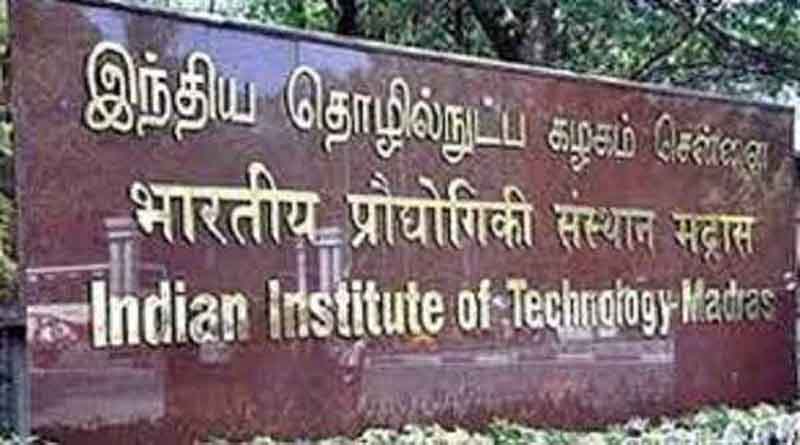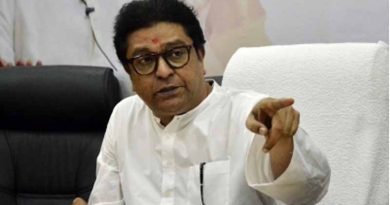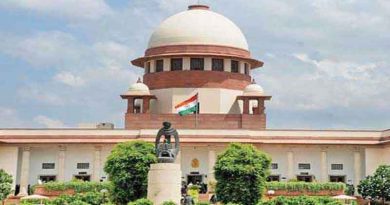IIT-M to develop eco-friendly tech to make raw materials from paddy waste
Insight Online News
Chennai, Mar 29 : Researchers at the Indian Institute of Technology,
Madras (IIT-M) plans to develop an eco-friendly technology to upcycle
paddy waste to manufacture raw materials for industrial applications.
The technology will provide an additional source of income to farmers
as paddy waste can be used to produce energy devices that can be used
by the industry.
This approach can make a key contribution to reducing stubble burning
and burning of other farm waste in North India.
The researchers are fostering a new ‘Farm-Energy Synergy’ through their
work with organic waste, in-particular kitchen waste, to develop usable
activated carbon, a key component in making supercapacitors.
A release from IIT-M today said supercapacitors, made from activated
carbon produced from paddy waste, have many benefits to consumers
across electronics, energy and agricultural sectors and can help develop
self-reliance in the supercapacitors field.
Self-reliance concerning supercapacitors and supercapacitor-based
energy storage technology will enhance IP Generation and employment
within the country.
At present, the sheer quantum of paddy waste generated wass 760 lakh
metric tons per year in India and the farmers consider burning straw as
the most low-cost and efficient alternative to tailing the straw into the
soil.
This results in substantial pollution and a severe ecological problem.
Furthermore, burning reduces the potential utilization of biomass.
The estimated loss for India alone is approximately Rs. 92, 600 crore
associated with this approach to farm waste management.
IIT Madras Researchers have already demonstrated the conversion of
bio-waste into biomass (such as vegetable waste) to activated carbon
and have used it to make supercapacitor electrode materials.
The same technology can be adapted to render paddy waste valid for
activated carbon production. The future plan is to use the approach
being followed to make activated carbon and explore scales of
production.
Elaborating how the Industry can help in such projects with major
societal benefits, Prof. Mahesh Panchagnula, Dean (Alumni and
Corporate Relations), IIT-M, said agriculture still continues to be
at the heart of India’s economy.
“This breakthrough technology that converts biomass such as paddy
waste into activated carbon, will have a significant bearing on our
health, environment and the economy”, he said.
This project is being headed by Dr. Tiju Thomas, Associate Professor,
Department of Metallurgical and Materials, and the Institute is looking
for CSR partners to help scale up the project and benefit the country
at large.
Dr. Tiju Thomas said “the solution that we are identifying is a well
defined process. It will allow for conversion of paddy waste of the
country to commercial standard carbon material and the use of the
activated carbon to fabricate supercapacitors that comply with the
market standard.”
He said the material will be implemented in the form of a suitable
supercapacitor-based hybrid energy storage device.
UNIINDIA









